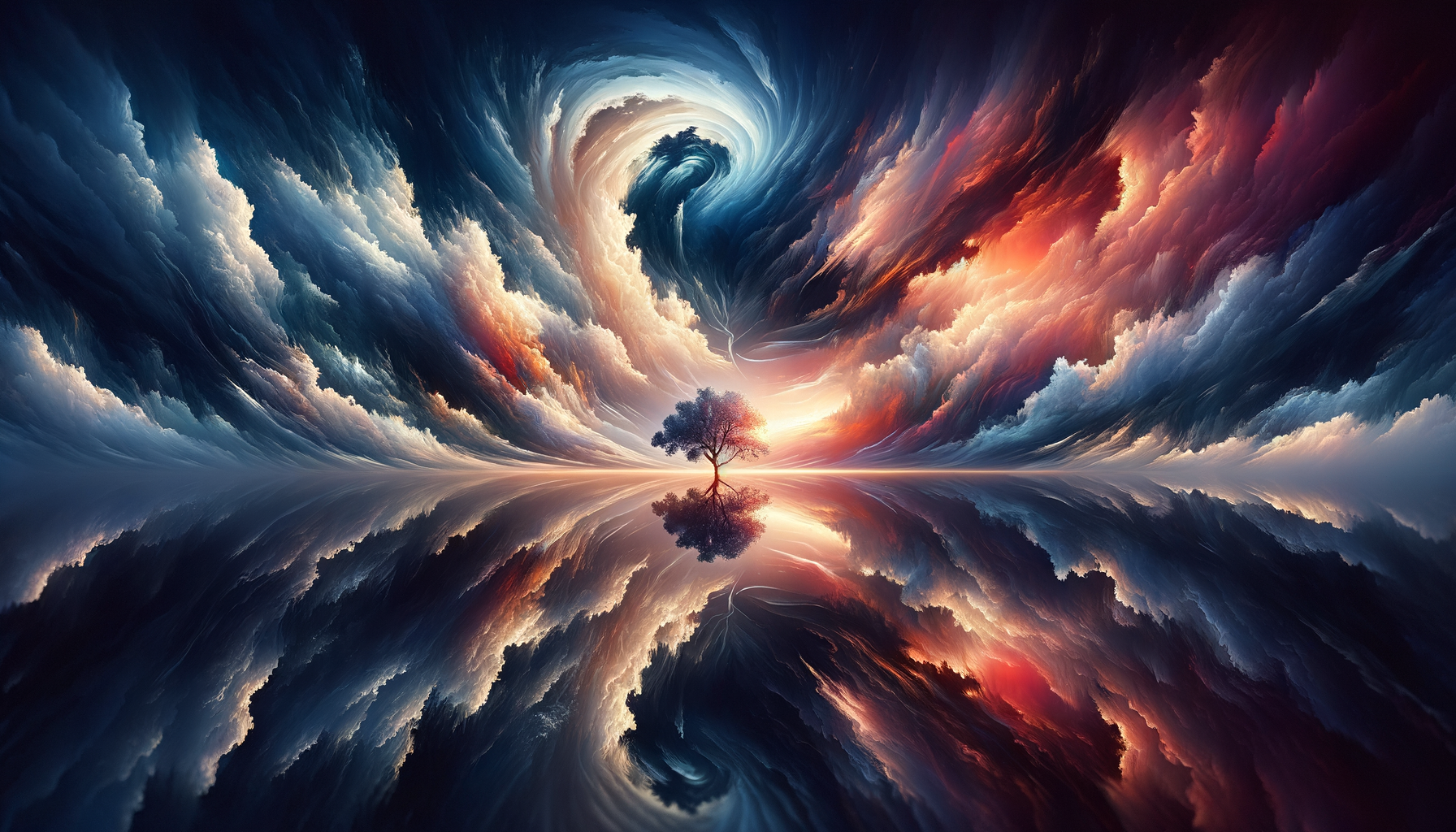Why do I write? Because not writing feels like holding my breath underwater—possible for a while, but eventually, you burst to the surface, arms flailing, lungs gasping, desperate to let it all out. My words may not be elegant during that explosion, but they’re necessary. Writing keeps me from drowning in the what-ifs, the could’ve-beens, and the little sparkling shards of memory I’m afraid to lose if I don’t put them down somewhere.
It’s been that way for as long as I can remember. Growing up on the shores of Lake Coeur d’Alene, I spent hours scrawling stories in mismatched journals while my friends dove off docks or compared cannonballs. All around me, life was happening in waves—boats cutting through silver water, campfires sparking under stars, tourists chatting about faraway places. I wrote to hold onto it all. I still write for the same reason.
Maybe storytelling isn’t everyone’s lifeline, but I’d argue that for all of us, it’s a map. It shows us where we are, where we’ve been, and maybe, if we’re lucky, where we’re headed next.
Section 1: Writing Isn’t Romantic (But It Sure Can Be Messy)
The movies love to romanticize writers—the tortured, brooding genius bent over a typewriter while a storm rages outside their window. In reality? Writing isn’t nearly as cinematic. It looks more like shoving granola bars into your mouth while internally debating if “intonation” is too pretentious of a word for the sentence you’re on.
Sometimes, it’s yelling at your laptop because you just spent two hours revising a paragraph only to delete the whole thing. Or jotting down lines of dialogue on Post-It notes in the middle of the night, praying you'll still decipher your half-asleep handwriting in the morning. Writing is chaotic. It spills over the edges of your life, tangling itself around relationships, responsibilities, and occasionally, your ability to remember to eat something besides coffee.
But it’s also this beautiful mess—like love itself. Writing lets you connect dots you didn’t even realize were there. It’s staying up late chasing a thought because you’re moth-to-light attracted to the shimmer of it. It’s messy…and irresistible all at once. (If writing were a person, I’d call it a walking red flag.)
Section 2: Stories Are How We Play Matchmaker With Memory
I think of writing as a kind of matchmaking—not between people, but between memories and meaning. Growing up at my family’s lakeside resort, I witnessed story-worthy scenes on repeat: a guest teaching their toddler how to fish as they both squealed in delight; a pair of newlyweds throwing a spontaneous dance party on the dock to a scratchy boombox; kids guzzling sticky ice pops in the glow of sunset. These tiny, vivid moments weren’t just picturesque—they were pieces of a bigger, ongoing story about human connection.
As I got older, I noticed how even the simplest stories could bring people closer together. Like how small-town gossip (while morally problematic, yes) could spark the kind of laughter that breaks tension at communal potlucks. Or how a single honest sentence in an apology letter could mend weeks of misunderstanding. Writing stories is like catching fireflies in jars—not to trap them, but to watch them glow and marvel at their light.
Section 3: Kindling for the Creative Fire
Writing isn’t just storytelling; it’s my favorite form of alchemy. You take raw materials—bits of nature, scraps of conversations, a melody that gets stuck in your head for no apparent reason—and spin them into something tangible. A story. A love letter. A half-decent metaphor about relationships. It doesn’t even matter if it sounds polished.
Once in college, as my roommates agonized over cramming chemistry formulas into flashcards, I snuck out to a thrift store, picked up the ugliest ceramic duck figurine I could find, and wrote a story about how it ended up donated (spoiler: it involved an epic breakup and sour eggnog). Somehow, giving voice to that silly little duck is the essay that landed me a scholarship for graduate creative writing workshops years later.
Whether you’re writing poetry or processing the Best Romantic Fails Ever (let’s be honest, every family reunion has at least one story worth immortalizing), there’s something transformative about capturing life with words. Writing, like dating, doesn’t come with handrails or guarantees. But when things click? It’s magic.
Section 4: Permission to Show Up Imperfectly
I used to treat writing relationships the same way people treat their online profiles—fussy, filtered, and overthinking to the point of paralysis. Once, I spent an hour rephrasing one sentence in an email submission to a literary magazine. An. Hour. Spoiler alert: the piece wasn’t accepted.
Eventually, I learned that half my hesitations stemmed from fear—fear of judgment, fear of failure, fear that my words wouldn’t measure up. Sound familiar? Maybe you’ve caught yourself swiping on someone’s profile only to wonder, “Am I even interesting enough to match with this person?” It’s the same insecurity repackaged, and it’ll rob you blind if you let it.
Writing, like life, gets easier when you stop chasing perfection. Yes, some sentences land like a bad first date joke, and some stories flop harder than a lake-diving bellyflop. Keep writing anyway. Not everything has to be perfect; it just has to be you.
Section 5: Why We Keep Writing (And Loving, Even When It’s Hard)
So, why do I keep writing when it’s messy, unpredictable, and occasionally the source of unholy frustration? Because life itself is all those things—and then some. We write (and keep writing) to reflect all the chaotic, wonderful truths about being human.
Even when our words stumble, they hold meaning. Even when our voices crack, they carry weight. So whether you’re writing your next big story or casually jotting the worst pun of your life on a napkin, you’re honoring your own fingerprint on the world. You’re saying, “I was here. I felt this. It mattered.”
And isn’t that what we all want? To leave something behind—not just for ourselves, but for the people we love, even the ones we haven’t met yet. Writing lets us do that. It’s a lasting hug, a declaration, a dry whisper on a yellowed page saying, “You’re not alone.”
At the end of it all, that’s what I strive for. To write the kind of stories that connect—not perfectly polished versions of life, but honest ones full of grit and light. Because life, well… It’s far from perfect, but the act of living it—and writing about it—is the adventure I’ll always say yes to.




















